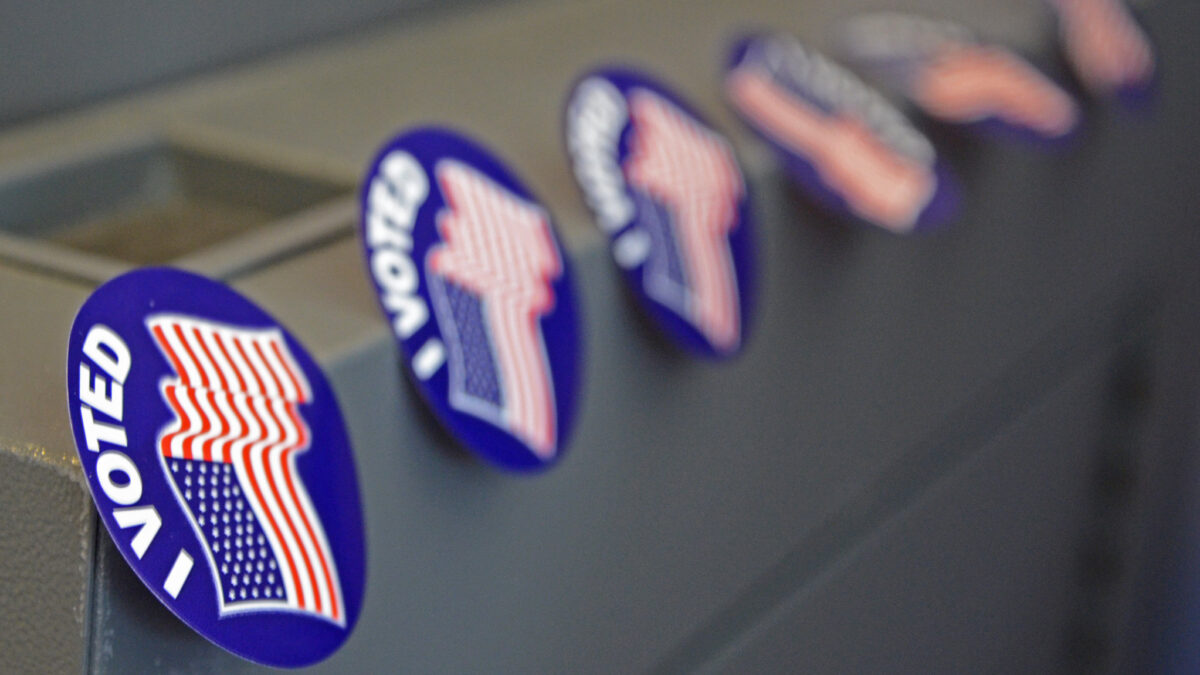
In a win for election integrity, a United States District Court ruled yesterday the state of Maine cannot restrict the use of its voter roll data per the National Voter Registration Act of 1993 (NVRA).
Way back in October 2019, the Public Interest Legal Foundation (PILF) — a law firm solely dedicated to election integrity issues — requested a copy of the state’s voter files. But Maine’s Secretary of State denied the firm’s request due to a state law restricting access to its rolls to preferred entities, i.e., political parties. PILF then sued for access in Feb. 2020.
But to render PILF’s case moot, Maine changed its law to allow access to its voter files as long as any research associated with the voter files was pre-approved by the state legislature. Because of that change, PILF was prohibited from comparing Maine’s voter rolls to New York’s so as to identify duplicate registrants that had moved between the states. As such, anything other than monitoring Maine’s compliance with cleaning its voter rolls risked triggering a severe fine, even as the NVRA outlaws hefty fines and use restrictions when accessing state voter roll data.
PILF then changed its suit to challenge Maine’s fines and use restrictions for its voter roll data.
During its lawsuit, PILF discovered that among those involved with drafting the changes to Maine state law were a lobbyist for the state’s Democratic Party and the Electronic Privacy Information Center (EPIC), a group that had sued the Presidential Advisory Commission on Election Integrity in 2017 so as to block access to state voter rolls for research comparisons.
Luckily, on Tuesday, a federal judge ruled Maine’s restrictions on the use of its voter rolls are obstacles to the transparency Congress intended when it passed the NVRA.
“This is a monumental victory for election integrity,” PILF President J. Christian Adams said in a statement. “The use restrictions would have made it extremely difficult to hold Maine and other election officials accountable. This ruling will make other states think twice before passing similar laws.”
Maine isn’t the only state that erects barriers to voter roll transparency and government accountability in the form of excessive fines and odd restrictions. PILF has also filed a lawsuit with the New Mexico Secretary of State for charging more than $5,000 for a copy of the state’s voter rolls. Other states that charge exorbitant amounts for their voter data are Alabama, Louisiana, Texas, Virginia, and Wisconsin.








